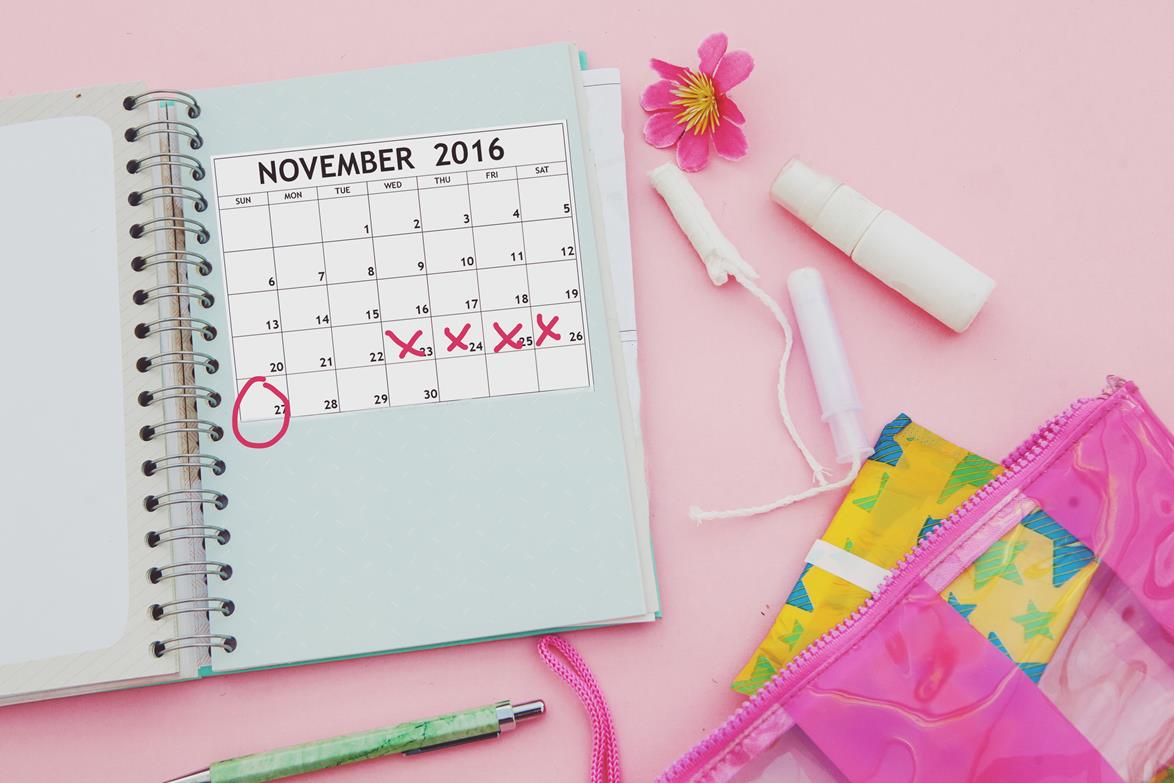We know – a conversation about pap smears is about as enthralling as spending hour upon hour researching what life insurance policy you should cough up your cash for.

While each of these topics are a little (OK, a lot) on the monotonous side, they are equally important in safe-guarding your future.
And your boobs. And your vagina.
By just (literally) opening up to your GP or gynaecologist during a pap smear, you could not only save yourself from a myriad of health problems in the future, but fix some of those inconvenient wellness mishaps that you’ve come to think are normal.
Don’t believe us? Follow Dr Dasha Fielder of Sapphire Family Medical Practice in Sydney’s lead, and your vaginal, and general, health could dramatically improve – even if you didn’t know it needed to.
These four simple questions could actually save your life:
How can I do a self-breast exam at home?
According to Dr Fielder, women are recommended to examine their breasts every three months, ideally in front of a mirror.
“It is essential to know what your breast feels like in order to be able to notice a change,” she explains. “Change can come in the form of a lump, sensation/feeling, shape, size, symmetry of the breast or nipple discharge, and even bleeding.”
“It is interesting to note that most lumps are detected by women themselves and therefore it is very important to know what a change feels like and when to see your doctor. If you notice any change in your breast, do not delay seeing a doctor.”
What kind of vaginal discharge is normal?
What’s interesting here, Dr Fielder tells us, is that it’s actually normal for women to have vaginal discharge, and it will be even more prevalent during the mid-cycle of ovulation.
“Normal discharge is usually clear and odourless,” she explains.
But if you have a change in your normal discharge, such as change in colour form clear to green or yellow or thick white, unusual smell, discomfort or itchiness, you might have an infection.
“In this case, it’s best to present to your family doctor and have vaginal swabs and other appropriate tests.”

What is normal in terms of my period: should it be really painful and heavy each month?
First thing’s first: a normal period comes, on average, every 28-30 days and lasts 5-7 days, with Dr Fielder advising us that the first few days of a heavy flow will require sanitary pad or tampon changes every 3-4 hours. Then, to alleviate period pain, a simple analgesia such as Panadol or ibuprofen should suffice.
“If you are experiencing severe pain not relieved by simple analgesia, stopping you from getting on with your normal life or if your period is so heavy that you are having to use tampons and pads and change them every few hours, you need to consult your doctor,” says Dr Fielder.
“This may mean that you have an underlying gynecological condition that might need treatment.”
Why do I ‘leak’ sometimes? Is it treatable?
Show of hands if you think it’s normal to leak a little urine every now and then? Well, Dr Fielder has some news for you: you’re wrong.
“If you are experiencing this, you need to see a doctor,” she advises. “Usually this problem occurs in women after they had multiple births and can be a result of weak or damaged pelvic floor muscles or bladder dysfunction.
“Simple tests can confirm the diagnosis and a treatment plan to improve your symptoms.”
In short, ask questions – and lots of them.




